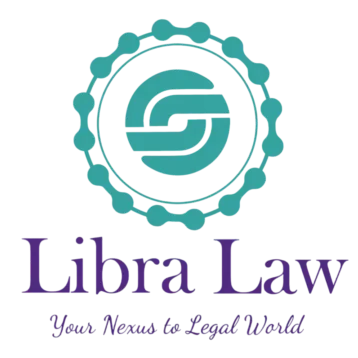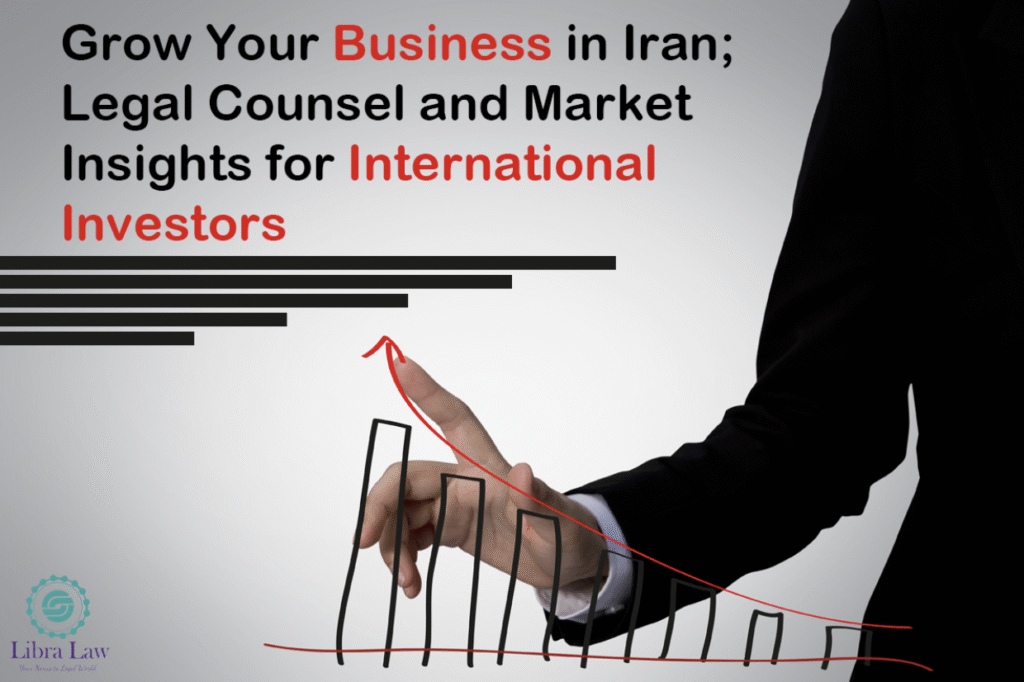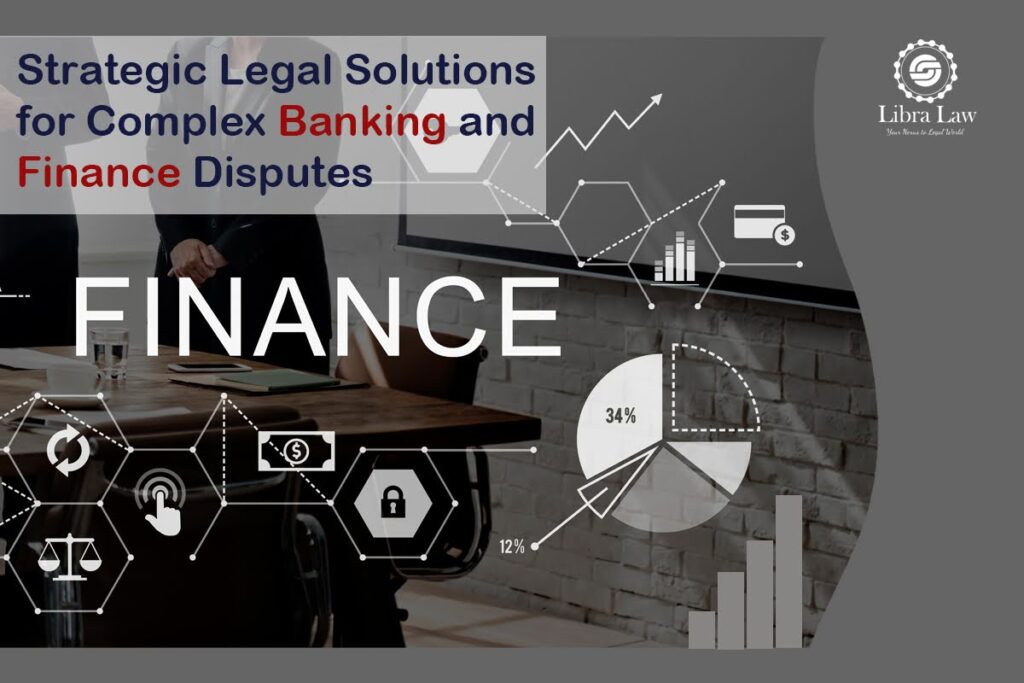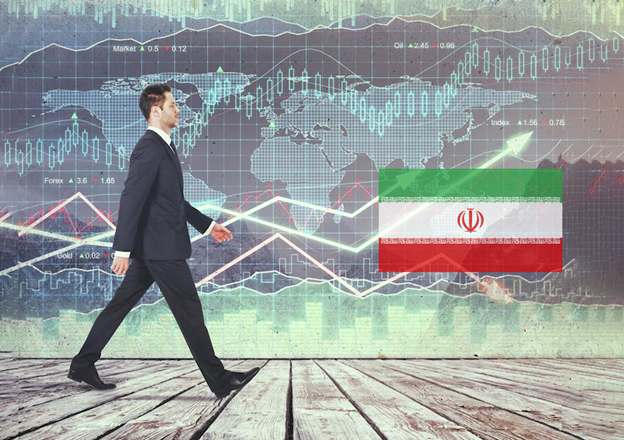Are you seeking to establish a company or corporate in Iran? There are different types of companies in accordance with the amending bill to Commercial Code. Before formation and registration of a company, one should keep this in mind that the type of the company is determined based on the liability and the capitals. Different structures of companies in Iran can be categorized as follows:
Private Joint Stock Company, Public Joint Stock Company, Limited Liability Company, General Partnership Company, Limited Partnership Company, Joint Stock Partnership Company, Proportional Liability Partnership Company and Co-Operative Company. MNCs which are willing to establish a business in Iran through different types of companies or entering an existing Iranian company as shareholder, need to prepare, finalize and register various minutes of general/extraordinary meetings of the company can benefit from our high quality corporate services in this regard.
It is worth noting that Joint Stock Company and Limited Liability Company (LLC) are the most common types of corporations in Iran. Our legal service providers can give you detailed information about all issues related to corporate law, from its formation to insolvency.
Here in Libra we provide a to z guide related to company formation in accordance with the relevant laws. Our trusted attorneys are fully aware of the current trends, latest updates and changes of the acts and regulatory developments related to corporate law, like Iran corporate law framework, amendments of Commercial Code,
Some of the key services in this area are as follows:
- Corporate advisory and Regulatory Compliance
- Advice on corporate governance aspects of transactions
- Liquidation
- Company formation and registration
- Brief on the risks and obligations of your specific corporate’s entity based on the type of the corporate
- Merger and Acquisition (M&A) transactions
- Draft an Articles of Association (AOA) or Articles of Incorporation
- Advice on restriction in transferring and selling of the shares, identification of the obligations of Board of Directors (BOD)
What is more, we can mention the Due service. In fact, Due diligence is one of the best ways that MNCs can ensure where they are going to invest; unfortunately DD culture is quite strange and uncommon in Iranian business culture but we are proud to say that we have been preparing many DD reports to lots of MNCs and intelligence companies.
Confidentiality in dealing with clients is deeply inculcated inLibra. Feel free to contact us for more information on our legal services and legal representation in the field of corporate law.
Corporate Governance in MENA region
Corporate governance is not a new phenomenon in the transition economies of the Middle East. Corporate governance issues are especially important in these economies since these countries do not have the long-established (financial) institutional infrastructure to deal with corporate governance issues Corporate Governance issues were not discussed before a series of emerging market crisis in 1997 (Sourial, 2004). All this has changed and corporate governance codes as a measure of dealing with each country’s specific governance problems have been adopted by most of the MENA (Middle East North Africa) counties. In the framework of various public and private initiatives where the codes were discussed, this has resulted in improvements of formal legal rules as well as in the drafting of soft-law recommendations.
Especially the financial scandals at the beginning of the 21st century led to a huge number of corporate governance codes all over the world. As a common denominator they want to shape comprehensive standards of good governance. These are the avoidance of conflicts of interests and the request for disclosure and transparency, the constitution of the board of directors of independent directors, managerial compensation, as well as the claim for shareholder rights.
Corporate Governance and its importance is a relatively new subject in Iran, having come to public attention with the first attempt by the Tehran Stock Exchange to develop the first draft of a code of Corporate Governance in 2004, which was based on OECD guidelines and was mainly benchmarked with Code of Corporate Governance in Malaysian Stock Market. In 2010, the Securities and Exchange Organization (SEO) completed and formally adopted the Code of Corporate Governance but implementation in the companies is not compulsory yet. In this period, there has also been a number of seminars, conferences and awareness raising activities on Corporate Governance. Meanwhile, SEO tries to improve the governance system of the listed companies and the market through separate bylaws such as Disclosure and Transparency bylaw. The OECD Principles of Corporate Governance was translated into Farsi in 2008 but discussion of Corporate Governance has mainly remained in the academic circles while major players have started to notice this concept.
Iranian companies have a one-tier board structure with Board of Directors, but some of the Iranian semi-government companies have a two-tier board structure: a Trustee Board and a Management Board. There are no independent directors in Iran yet. Board members are appointed not on the basis of their expertise and merits but because of their political connections and influence (Mashaveki and Bazzaz 2008). The board system is influenced by the ownership structure of the companies, which is characterized by a majority of small to medium-sized family-owned companies in the Middle East. “Within this structure, the roles and relationship between the family, board, shareholders, and management tend to be overlapping and unclear.”.
In its Doing Business report the World Bank (2011) provides a snapshot of the business climate in Iran by identifying specific regulations and policies that encourage or discourage investment, productivity, and growth. Key indicators and benchmarks are used to help measure the ease or difficulty of operating a business.
Doing Business sheds light on how easy or difficult it is for a local entrepreneur to open and run a small to medium-size business when complying with relevant regulations. It assesses regulations affecting domestic firms in 185 economies and ranks the economies in 10 areas of business regulation:
| Ease of Doing Business Rank | Starting a Business | Dealing with Construction Permits | Registering Property | Getting Credit |
| 129 | 42 | 143 | 156 | 89 |
| Protecting Investors | Paying Taxes | Trading Across Borders | Enforcing Contracts | Closing a Business |
| 167 | 115 | 131 | 49 | 111 |
Table 1: Doing Business in Iran. Source: World Bank
Investor/shareholder protection, including transparency issues is among other things one of the major drawbacks of Iran’s corporate governance system.
The Table below shows general information on the structure of Iranian companies and their board of directors.
| Percentage of ownership required to invite the General Assembly | Only holders of shares above 20 percent can call an extraordinary shareholder meeting |
| Board’s system | one-tier Board |
| Independent board members | Uncommon in Iran |
| Board Committee | Uncommon in Iran |
| Disclosure of information about board and managers | In listed firms, records and qualifications of board and CEO should be reported. |
| Compensation of the board services | Board’s fees and remuneration will be exposed cumulative. |
| Ownership Disclosure | Yes – but understanding the ownership structure and identifying ultimate owner
is very difficult |









